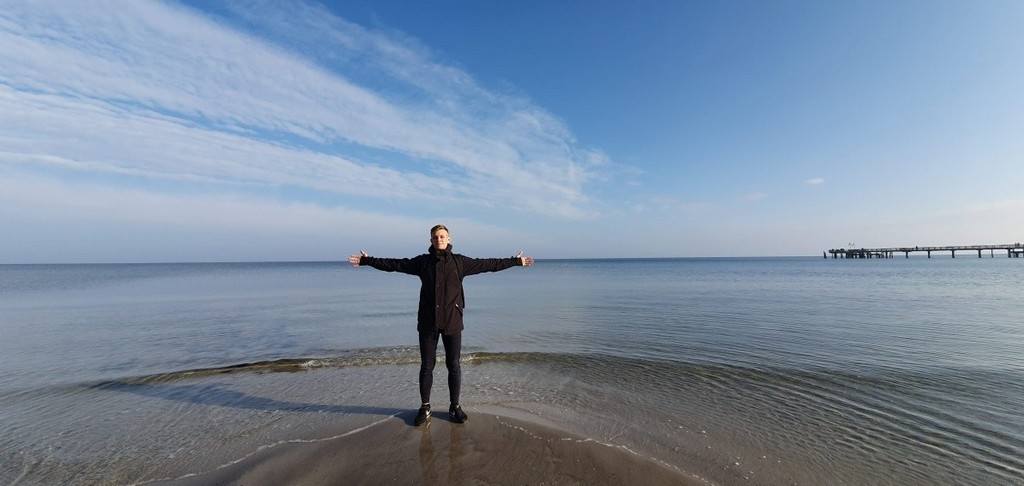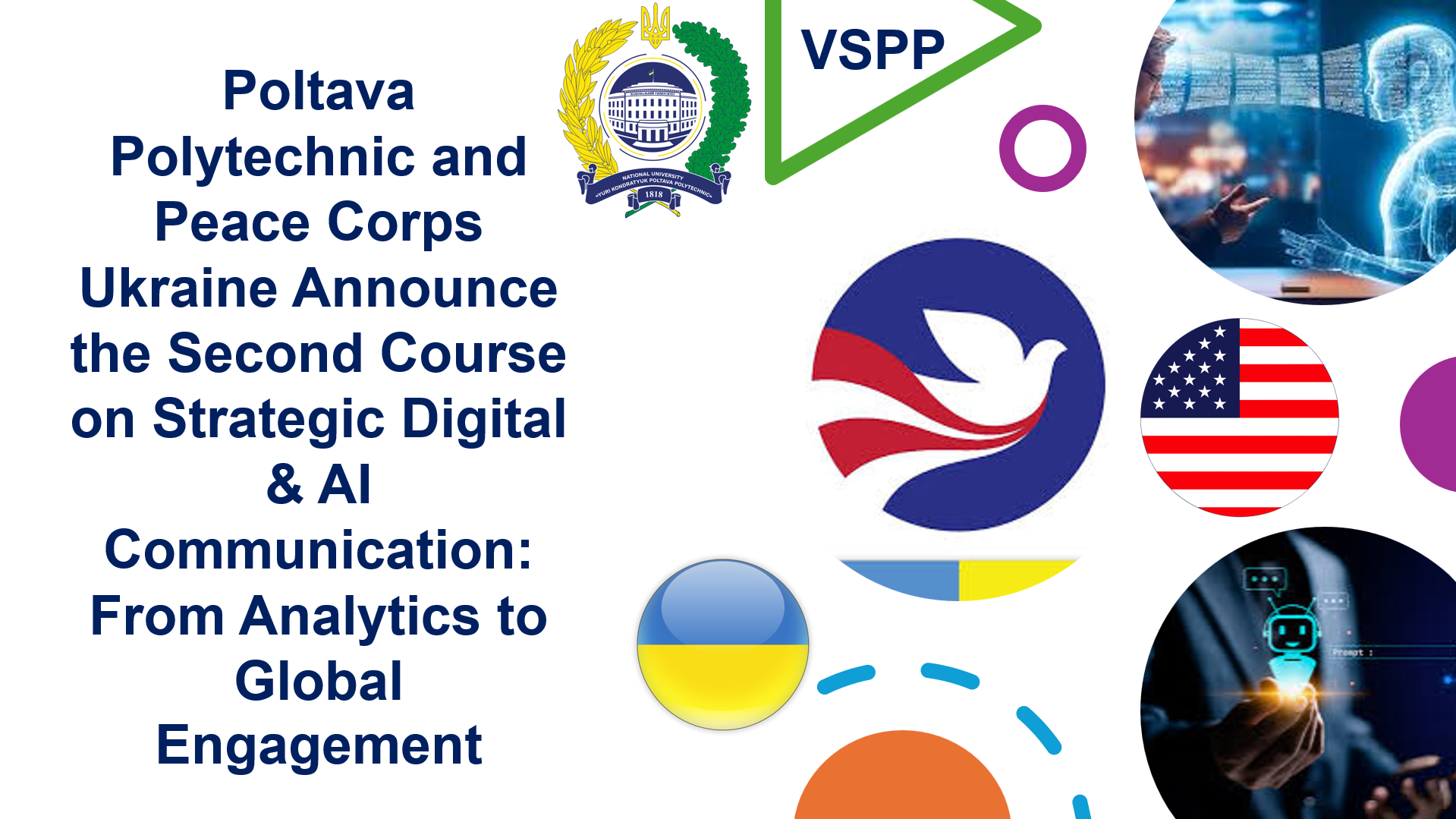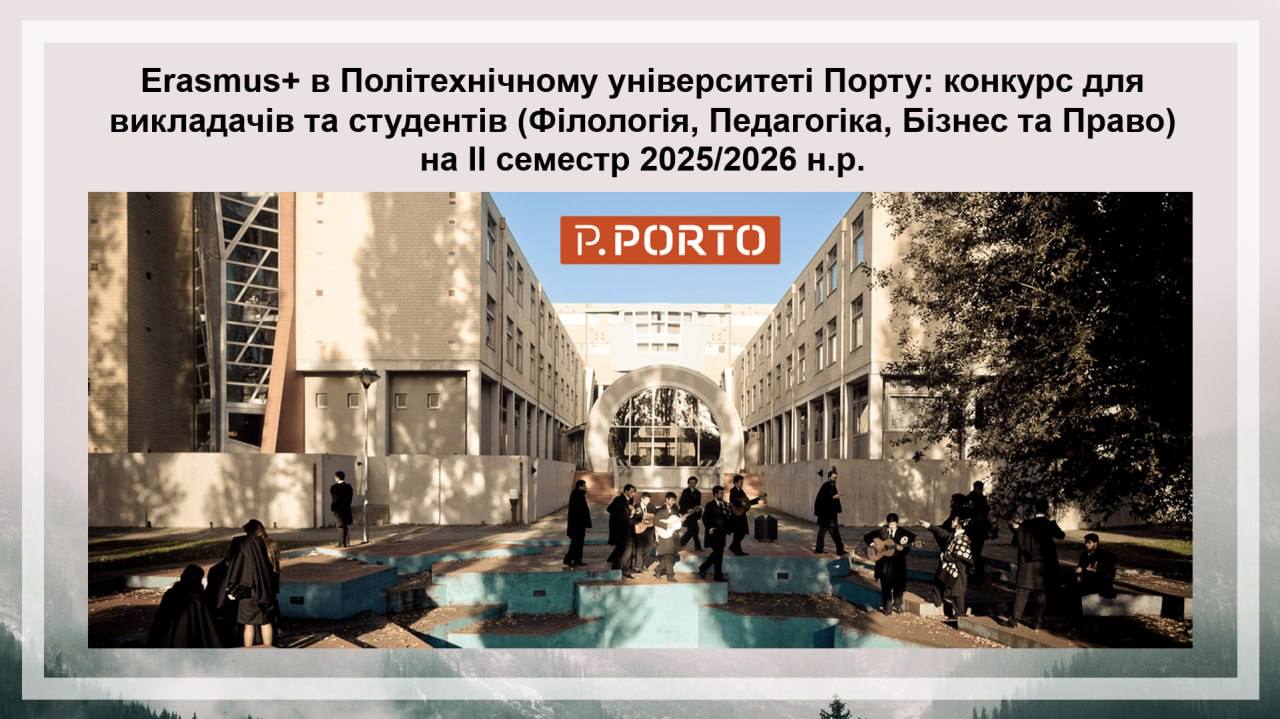The National University "Yuri Kondratyuk Poltava Polytechnic" has a long-term partnership with the Lübeck University of Applied Sciences (Germany). This partnership began within the framework of the academic exchange programme for academic staff, Erasmus+ mobility for training, and Erasmus+ mobility for teaching. Our representatives visited Germany, and German professors visited us. In the 2019/2020 academic year, the Erasmus+ exchange programme opened new opportunities for students of the National University "Yuri Kondratyuk Poltava Polytechnic" to study in Germany.
For several months, a master's student from the National University "Yuri Kondratyuk Poltava Polytechnic" studied at the Lübeck University of Applied Sciences. After returning and successfully defending his thesis, he shared his experience of student life in Germany and talked about the features of studying in Europe.
Vladyslav Kucherenko's story as a programme participant is an example of achieving successful results when choosing a university that provides solid knowledge and opportunities to study abroad, combined with determination, motivation, foreign language proficiency, and persistence. His thesis project focused on improving the urban space of Poltava, and he utilized advice from a German professor while finalizing the project.
"The idea of connecting my life with construction appeared in childhood when I played with Lego. Later, my father supported this interest. This idea stayed with me even after finishing school, so I became a student at what was then the Yuri Kondratyuk Poltava National Technical University, specializing in 'Construction and Civil Engineering,'" recalls Vladyslav. "I am also very glad that I later enrolled in the master's programme: during this period, new opportunities and prospects opened up for me," the graduate shared.
Vladyslav Kucherenko first encountered Germany during his third year at university: "A friend advised me to go for student practice. It was a great opportunity to improve my language skills and, which is important for a student, to earn some money. After returning, I inquired about various programmes at the university, but at that time, none caught my interest. Later, I visited Germany again under the same programme – field practice for students. During that trip, I visited one of the universities in Dresden and became inspired by the idea of studying abroad. When, in my sixth year, I was offered a study programme in Germany, I didn't waste time and went to the university's international office to arrange all the trip details. Preparations, Skype calls with representatives of the foreign university, tickets – and soon I experienced what it's like to be a student at a German university," Vladyslav Kucherenko recalls.
The Erasmus+ programme allows final-year students to go to a German university and work there with a supervising professor within the scope of their master's thesis. As a student at the Educational and Research Institute of Architecture and Civil Engineering specializing in "Construction and Civil Engineering," Vladyslav Kucherenko worked on the project "Analysis of Design Solutions for Memorial Complexes in Poltava". He had long considered improving the Sorrowful Mother Memorial and the park surrounding it. He says he was pleased to work on the project with a city planner, certified architectural engineer, and supervising professor Klaus Brendle.
"Our communication was about 85% in person and 15% online consultations. I could ask for advice at any time and always received a response. A professor from the Lübeck University of Applied Sciences shared useful recommendations, which I used in my master's thesis research," says Vladyslav.
Vladyslav notes that the main difference in the educational process at German universities is the different attitude of professors towards students: "There was no gap between us – students are treated as junior specialists or even friends. Also, there is no strict attendance control like in Ukraine – attendance is hardly monitored. However, professors are incredibly motivating and conduct interesting classes."
The scholarship provided by the Erasmus+ programme covers all basic needs and more – it fully covers travel and accommodation expenses. During the programme, students can meet peers from other countries and adapt comfortably. The Lübeck University of Applied Sciences offers free language courses and an open-access library, allowing students to improve their language skills and use available literature for self-education.
"The main challenge in adaptation can be the language barrier: in some regions, the dialect is complex and takes time to get used to. However, there were no organizational difficulties: I was met, guided, and shown everything. In general, everything in Germany is automated, and self-service is widespread. It's a paradise for introverts – you can minimize social interactions if that's challenging," he describes. "The main thing is not to lose the universal key to the dormitory. Losing it is considered an emergency and is expensive to replace. A German dormitory is more like a decent two-room apartment with a kitchen and amenities for two residents. I lived with a German roommate. We quickly agreed on cleaning schedules and house rules. Eating at the university cafeteria is convenient, especially since prices are lowest for students (the highest fees apply to those with high incomes). But when I got tired of the repetitive fried potato-meat menu, I enjoyed cooking for myself in the kitchen. I also didn’t forget about sorting waste. You get used to it quickly, and it's not difficult. Just as quickly, you get used to the city's comfort. I observed the architecture, the principles of urban planning, and noted how convenient certain solutions were. I miss this comfort after returning home. I also understood the root of Ukraine's eternal problems with repairs and roads. It's not about money. The key is to prioritize pedestrians in design."
"This programme is a great opportunity to deepen your knowledge, broaden your horizons, and make new connections. To future participants, I advise: if you have a dream, pursue it, and it will bring you exactly what you desire. Learn about international programmes at the National University named after Yuri Kondratyuk and be sure to take the chance to study abroad," the graduate encourages.
At the end of December, Vladyslav Kucherenko received his well-deserved diploma with honours. The university is proud of its graduates and wishes them professional success!


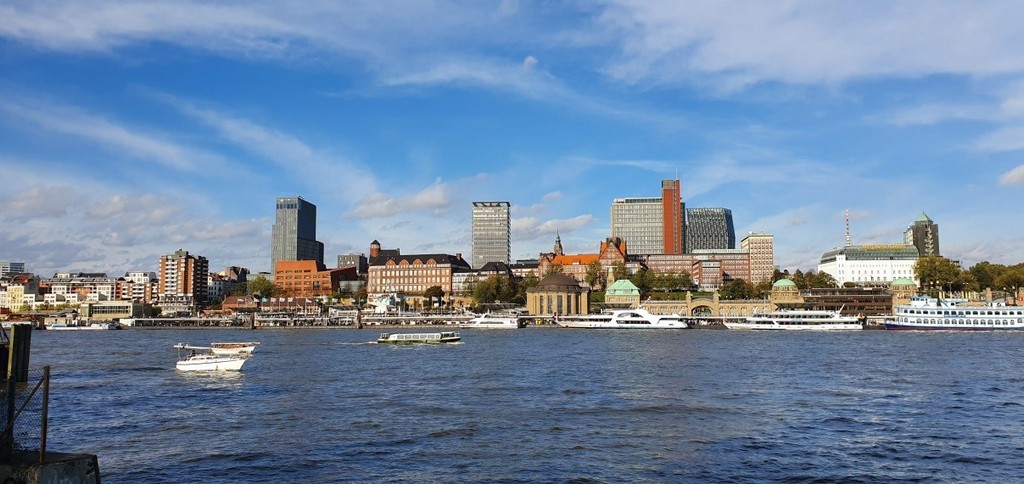
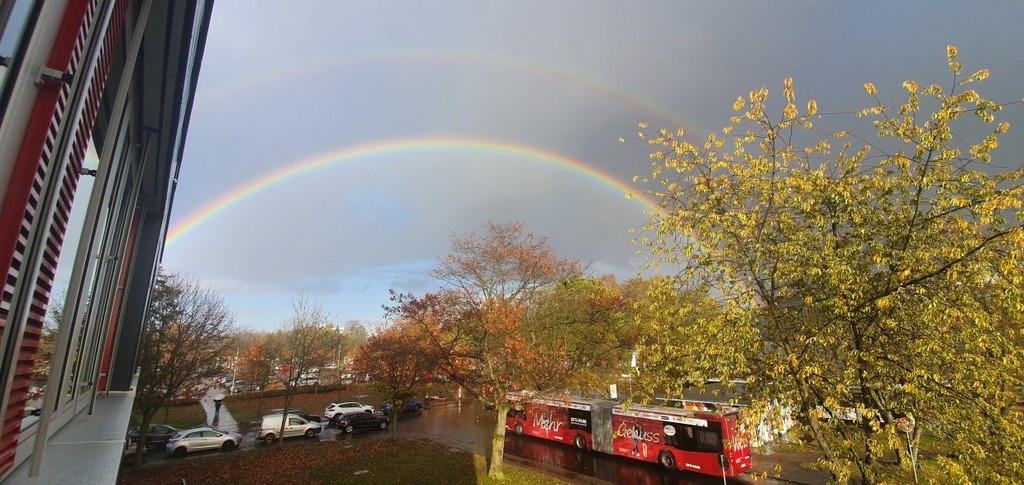
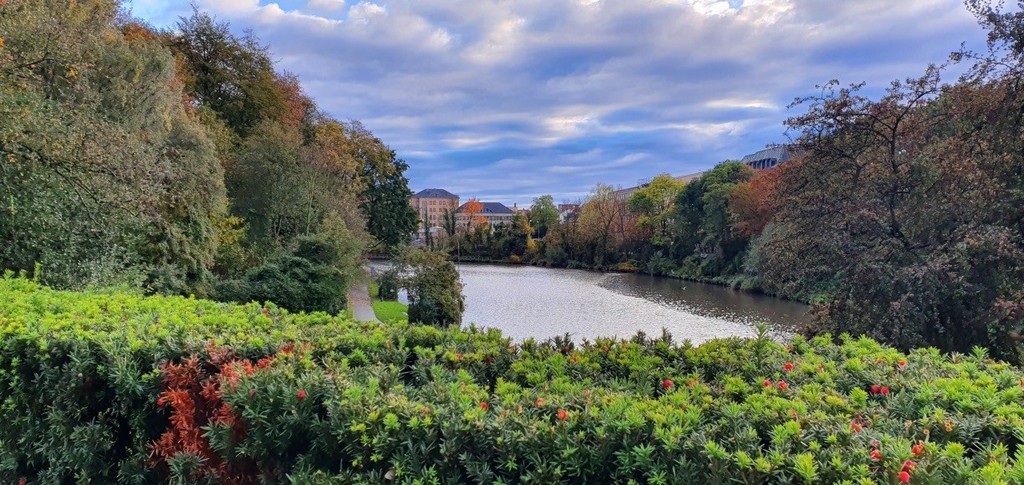
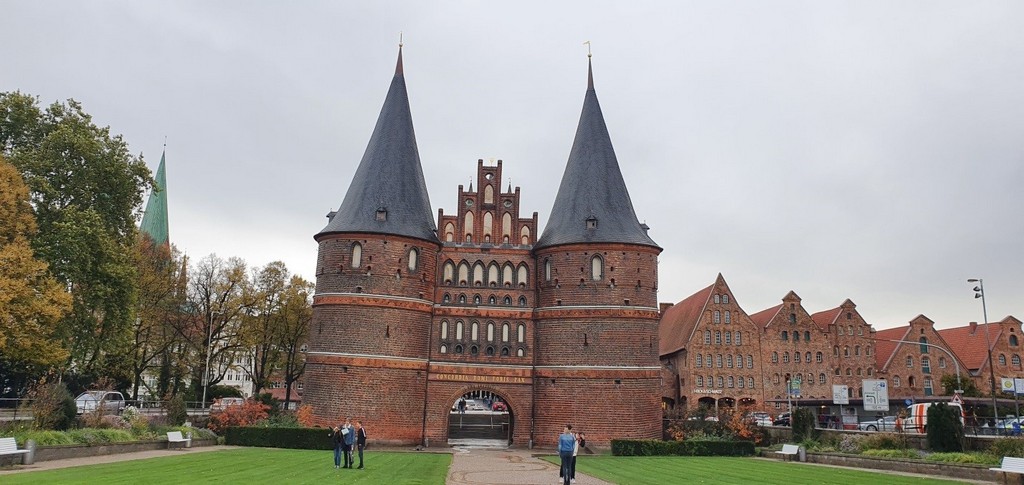
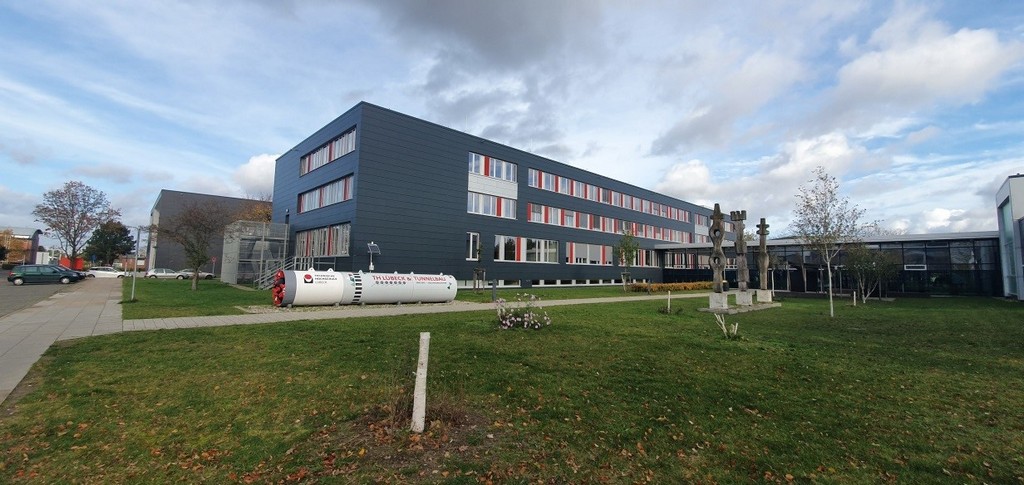

Media Center of
National University “Yuri Kondratyuk Poltava Polytechnic”
